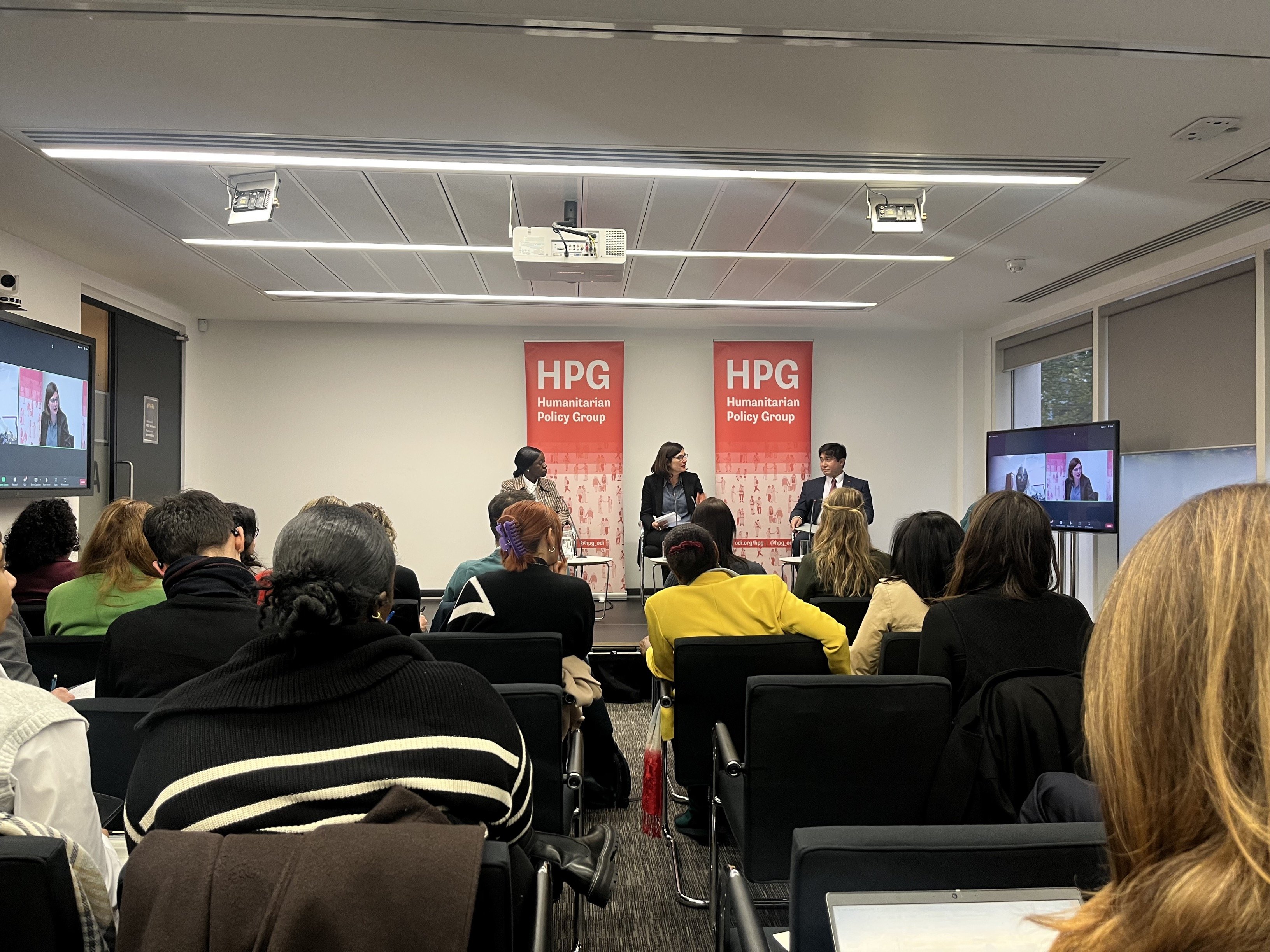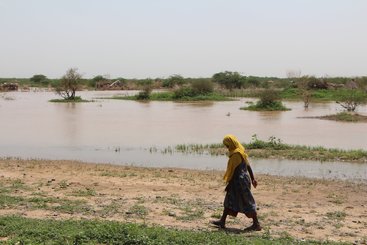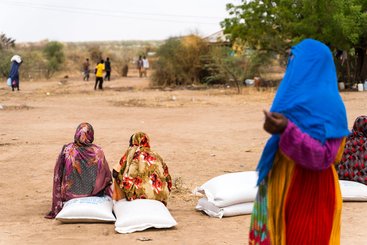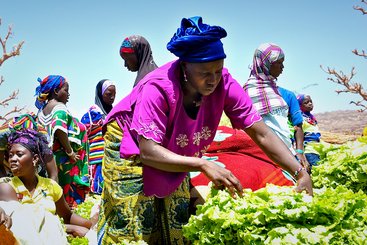In April 2023, fighting broke out between the Sudanese Armed Forces (SAF) and the Rapid Support Forces (RSF). Violence and instability have rapidly spread throughout the country since, with a concentration in the capital, Khartoum, and the Darfur region.
Amidst the chaos, over 9,000 people have been killed, with many more thousands injured. Around 5.6 million have been displaced from their homes, and reports of sexual violence are on the rise. Access to vital amenities and services such as water, electricity, healthcare and education have all but ground to a halt due to the challenging operating environment and inadequate funding. Millions face being plunged into food insecurity in the coming months.
As we passed 200 days since the start of this particular crisis, the Humanitarian Policy Group spoke with experts on the region to discuss their humanitarian efforts on the dire situation in Sudan, and how the international community can, and must, step up to achieve stability and security for the affected communities and the wider region.
‘Almost no hope’
Country Director of Mercy Corps, Sudan and Chair of the Sudan INGO Forum Sibongani Kayola described how, after seven months of the current crisis, people are falling into a cycle of fragility. ‘It almost feels like there is no hope,’ Kayola said, explaining that about half of the entire Sudanese population needs some form of humanitarian assistance at present.
Mercy Corps is doing what it can to support, having delivered aid to 3.5 million people so far. But she says the efforts require much more global buy-in: ‘We need to galvanise action.’
Kayola also highlighted the increasingly serious food insecurity situation that will compound the crisis: the shortage of vital supplies and services – including those as basic as water and measles vaccines for babies – is having disastrous consequences.

There are many challenges faced by humanitarian actors in this context. One is the rise in crime within communities, with regular looting affecting Mercy Corps and other organisations. And crucially, funding continues to be a major barrier to meeting urgent and growing needs – only 30% of the required humanitarian response funding is currently available.
Understanding localisation
Eatizaz Yousif, Sudan Country Director for the International Rescue Committee, reflected on some of the deeper challenges the conflict is causing, including economic collapse, mass displacement and education and healthcare crises of huge proportions. She believes that if Sudan is ever to reach a ceasefire, what it will urgently require is a long-term reconstruction fund.
Yousif went on to champion local mutual aid and community-based initiatives, pressing the need to scale up and support organisations so that they can be be more agile in their crisis response efforts. ‘If we're talking about localisation,’ she said, ‘we really need to walk the talk – we need to understand and define what it really means.’
The need for global compassion
Our final speaker was William Carter, Sudan Country Director at the Norwegian Refugee Council, who described how ‘six million are a step away from famine’. He explained that the international system is supposed to prevent genocide and famine, but there has been an abject failure in leadership at the global level.
Carter elaborated that ‘normal’ ways of working do not apply to a crisis of the current magnitude in Sudan, and that there has been ‘a failure to adapt to a new reality [...] a failure of vision about what to do’.
However, there was some optimism from the panel, who drew parallels to the ongoing Israel–Hamas war and noted the role that global compassion is playing in driving interest and funding, and how this might galvanize activism around the same rights for the communities affected in Sudan.
HPG is grateful for the expert insights offered by our guests on this crucial topic, and we invite you to watch our event in full. This event is part of our wider ongoing work on Sudan, led by HPG Director Sorcha O’Callaghan. Since the start of the war, HPG has convened informed conversations that have focused on how to best support mutual aid and local civil society efforts, and what more can be done to influence the international community to act with more urgency on Sudan.
If you’d like to be kept up to date with this work, please sign up for HPG's newsletter.



